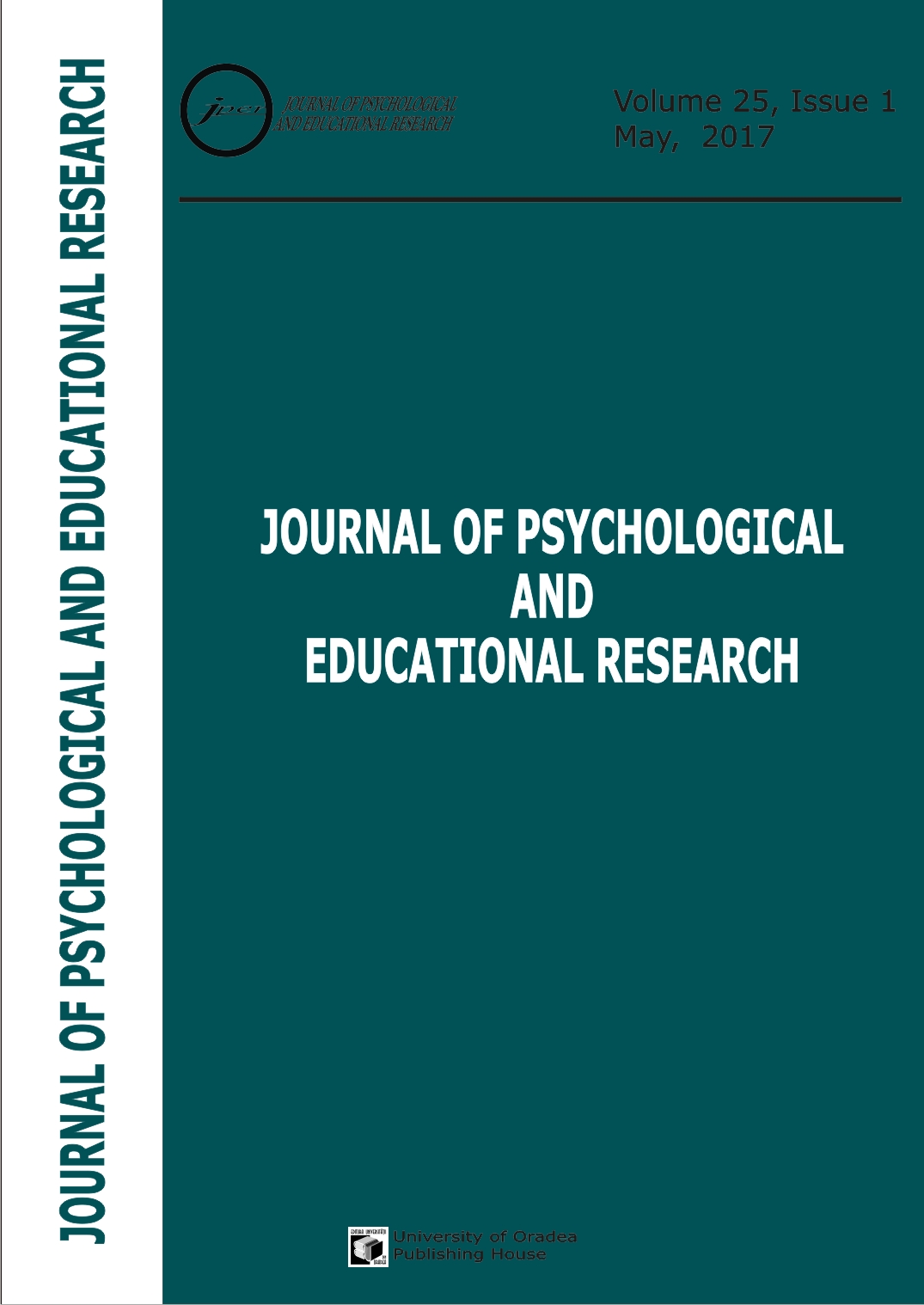Reversed items in Likert scales: Filtering out invalid responders
Reversed items in Likert scales: Filtering out invalid responders
Author(s): Krisztián Józsa, George A. MorganSubject(s): Psychology
Published by: Editura Universitatii din Oradea
Keywords: reliability; Likert-scale; reversed items; invalid responses; mastery motivation
Summary/Abstract: Likert type scales are commonly used in social sciences. Most of the Likert scales include both positively- and negatively worded items. However, the use of negatively worded (reversed) items is supported by some researchers but not others. This study analyzes the reversed items in educational settings. The school age, self-rating version of the Dimensions of Mastery Questionnaire (DMQ 17) was used. The sample consisted of 7261 Hungarian students, age 10 to 16. An iteration method was developed and used to filter our presumably invalid responders. The analysis is based on the empirical inconsistency between the reversed and the positively worded items. The iteration eliminated step-by-step the possibly invalid questionnaires. The reliabilities of the scales were increased with the iteration process. After eliminating about 20% of the sample, the reliabilities were somewhat higher with all scales having acceptable alphas. If one would like to use this iteration method for eliminating the invalid responders, he or she needs to oversample the accessible population. Based on this results we eliminated the reversed items form the new DMQ persistence and pleasure scales.
Journal: Journal of Psychological and Educational Research (JPER)
- Issue Year: XXV/2017
- Issue No: 1
- Page Range: 7-25
- Page Count: 19
- Language: English

